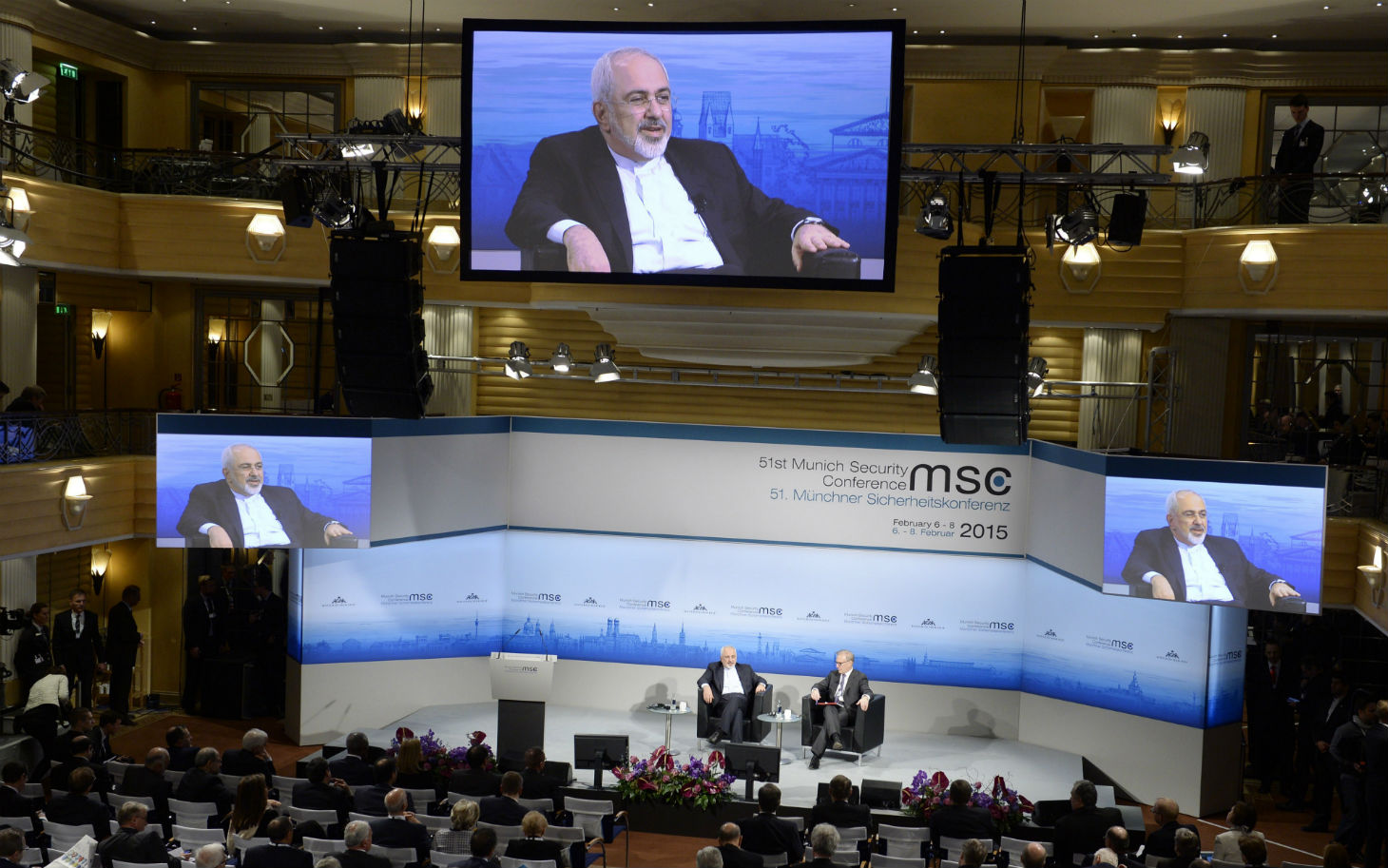Iran and six world powers reached an agreement on Tuesday to lift sanctions against the Islamic Republic, and while U.S. and Iranian leaders have heralded the deal as a victory, the real winners could be corporations across the globe.
Iran holds the world’s fourth-largest proved crude reserves and the second-largest natural gas reserves, according to the U.S. Energy Information Administration, so energy firms will be some of the clear beneficiaries of the deal. Most of those gains may not go to American companies, however, as they weigh the political costs of doing business with Tehran—especially considering the skepticism from Congress, according to Alireza Nader, senior international policy analyst at the Rand Corp.
“Most likely European and Asian energy companies will see an increase in business—so companies like Total and Shell,” Nader said. “For American energy companies, it’s going to be tougher for them to go back in Iran.”
Other parts of the energy industry are also likely to benefit, including tankers and oilfield services, experts told CNBC.
Citi Research analyst Chris Wetherbee said the opening of Iran is a “net positive” for international tanker firms, because Iran’s aging fleet won’t be able to compete, and more energy supplies will be on the market. Companies like Scorpio Tankers and Navios Maritime Acquisition saw their stocks rise Tuesday.
In a note published by Barron’s, Simon Wong of investment firm Gabelli wrote that an agreement would “open investment opportunities in the country’s oil and gas sector.” That would likely benefit oilfield service firms like Schlumberger, Weatherford International and Halliburton.
Earlier this year, Schlumberger pleaded guilty to violating U.S. sanctions related to Iran, agreeing to a three-year period without any operations in Iran. A spokeswoman told CNBC that the company was not in a position to comment on Tuesday’s deal.
While the energy industry may be the most obvious beneficiary of an Iran deal, banks will also stand to benefit, experts told CNBC.
“All of the major banking institutions in the industrial world will try to finance and facilitate increased trade with Iran,” Christopher Whalen, senior managing director at Kroll Bond Rating Agency, told CNBC. “It’s a big country, (and) they are very Western-focused. Iranians are consumers of everything. You can anticipate anything from industrial equipment to consumer products will definitely be bought, and will definitely be financed.”
As for which U.S. banks stand to benefit, Whalen said the gains will be concentrated among some of the top financial institutions—Citibank, JPMorgan, Goldman Sachs and Morgan Stanley. Those banks, he said, will likely work to facilitate the shipment of goods and services to Iran, taking on a trade finance function, and supporting project finance.
They may also reach out to Iranian banks about sovereign business, Whalen added.
But American banks aren’t the only ones that stand to benefit from a reduction of Iranian sanctions, Whalen said, explaining that they’ll compete against European and Asian banks for the business.
If sanctions on Iran’s use of SWIFT (the financial messaging system that transmits and tracks international transactions) are lifted, then new financial sector opportunities could also open, experts said. “The SWIFT sanctions are more important at this point than any other type of sanctions because it affects all manner of industry and agriculture,” Djavad Salehi-Isfahani, an economist at Virginia Tech, told CNBC earlier this year.
Telecommunications firms may also be early winners, Blaise Misztal, director of national security at the Bipartisan Policy Center, said.
Other industries could also benefit from the Iran deal. PSA Peugeot Citroen told Reuters that it’s in advanced talks on an Iranian car-making venture with Iran Khodro and expects rapid progress. The political deal struck in Vienna “should clear the way for significant progress in our discussions,” Peugeot’s Africa and Middle East chief, Jean-Christophe Quemard, said in an emailed statement Tuesday.
General Electric, which does business in Iran through its health-care division, could also consider expanding in the country. “We look forward to reviewing the details of the agreement reached and will watch the regulatory landscape that may unfold,” the company said in a statement.
Despite opportunities opening up in Iran, companies will have to get over ingrained perceptions about the country—which remains on the U.S. list of state sponsors of terrorism.
“It will be difficult for a lot of banks and businesses to go back into Iran, because for the past few years there’s been this perception that you don’t want to do business with Iran—you’ll be penalized for it,” Nader said.
Others may worry that they’ve misunderstood the minutiae of the deal.
“It will take time for lots of lawyers going through things,” Misztal said. “I think there’s going to be a lot of worry not to be the first institution to overstep or misread what has been lifted or hasn’t been lifted. Large financial institutions will be waiting for clarification and rulemaking from the Treasury Department.”
Source: CNBC












